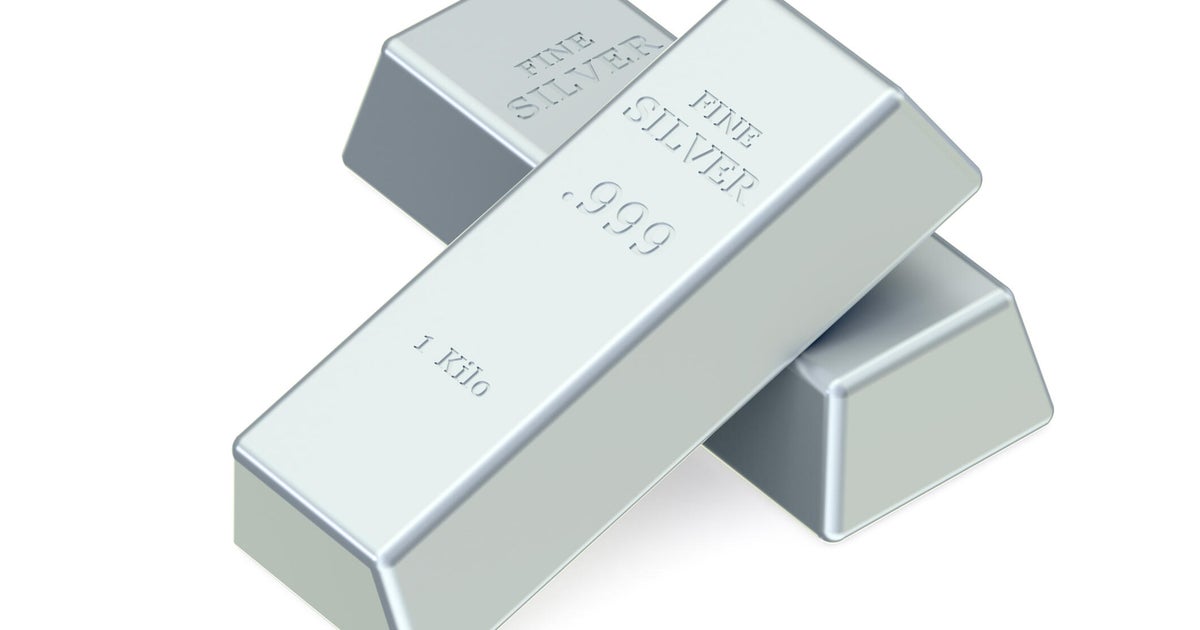Inflation rose in August. Here's what that means for gold investing.
There's no question that persistent inflation has had a big impact on the economy over the last 18 months. Not only has the high inflation rate caused the value of the dollar to erode, but the Federal Reserve's recent rate hikes to help temper inflation — 11 in total since March 2022 — have only added to the economic uncertainty we're experiencing.
And while it appeared at one point that the Fed's rate increases were helping to cool inflation, unfortunately, we aren't out of the woods just yet. The inflation rate ticked back up unexpectedly in July, and increased again in August by an annual rate of 3.7%, according to the latest Consumer Price Index (CPI) report. This uptick in inflation isn't great news for the economy, as it increases the likelihood that the Fed will raise its benchmark rate again before the end of the year.
But inflation doesn't just impact the overall economy or interest rate environment. It can also have an impact on the investing landscape, and that includes gold investing. So if you're wondering what this new uptick in inflation could mean for gold investors, there are some things you should know.
Discover the benefits of gold investing with a free information kit.
What the rise in inflation means for gold investing
Periods of high inflation can have a big impact on the gold investing landscape. Here's how:
There could be increased demand
When the purchasing power of the dollar erodes during periods of high inflation, investors seek refuge in assets that tend to retain their value — and that includes gold. Gold has been a reliable store of value for centuries, making it an attractive choice during inflationary periods, as it can be used as a tool to help hedge against inflation.
And, gold is also seen as a safe haven asset. During economic uncertainties, geopolitical tensions or financial crises, investors often flock to gold because of its intrinsic value and its ability to help preserve their wealth. So, as the inflation rate climbs, as it did in August, the allure of gold as a safe haven asset becomes even more pronounced, leading to increased demand.
Don't miss out. Explore your gold investing options here.
Gold's value could climb
The basic laws of supply and demand apply to gold just like any other commodity. When demand for gold rises, its price tends to climb. As inflation concerns intensify, more investors seek to allocate a portion of their portfolios to gold.
This increased demand can, in turn, exert upward pressure on gold prices. In other words, when inflation rates surge, the price of gold also tends to experience an uptick. That's part of why it's essential to monitor inflation trends and economic indicators to make informed decisions about the timing of your gold investments.
It could play an essential role in portfolio diversification
Diversifying your investment portfolio is a fundamental strategy for managing risk and achieving long-term financial goals. And, gold plays a crucial role in portfolio diversification, especially during periods of economic uncertainty and inflation.
That's because gold typically exhibits a low correlation with other assets like stocks and bonds, meaning its price movements don't necessarily follow the same patterns as traditional investments. So, when economic conditions become uncertain, and markets become volatile, the value of gold in your portfolio can act as a stabilizing force to reduce the overall risk and enhance your portfolio's resilience to market fluctuations.
It could help to protect your wealth right now
Given the impact that rising inflation rates and lingering uncertainty can have on the economy, gold investing may be an essential strategy to use now to safeguard your wealth. While no investment is entirely risk-free, gold's historical track record as an inflation hedge and a safe haven asset typically means that it can provide a level of protection during turbulent times.
That said, investors have several gold investing options, including gold IRAs, physical gold (such as coins or bars), gold exchange-traded funds (ETFs) or even gold stocks. Each option has its own set of advantages and risks, so it's essential to assess your individual financial goals, risk tolerance and investment horizon before making a decision if you're using it to protect your wealth while inflation is high.
The bottom line
The recent increase in inflation has continued to highlight the benefits that investors can get by investing in gold. Its role as an inflation hedge, safe haven asset and portfolio diversifier makes it a compelling option for those looking to protect their wealth in uncertain times. And, the inverse correlation to other investment assets makes it likely that demand for gold, and in turn, its value, could experience an uptick due to the issues we're experiencing with persistent inflation.
However, as with any investment, it's crucial to conduct thorough research and consider your financial objectives before making decisions about gold investing.






